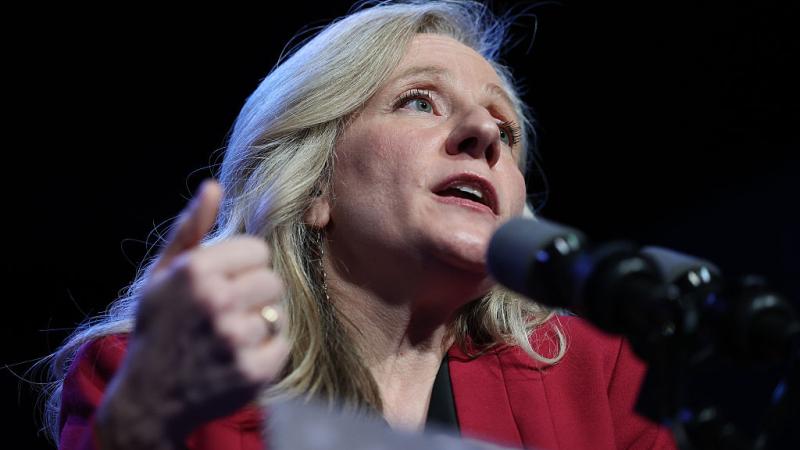Chicago to receive federal help to combat homelessness
Along with Chicago, federal officials are set to land in Dallas, Los Angeles, Seattle and the Phoenix metropolitan area
The Biden administration has tabbed Chicago as one of five urban centers it plans to send federal agents to to help fight homelessness.
Along with Chicago, federal officials are set to land in Dallas, Los Angeles, Seattle and the Phoenix metropolitan area as part of a plan to speed up efforts already in the works in those cities. Officials added, as part of the ALL Inside initiative, a sixth official will be charged with reducing homelessness in California outside of Los Angeles, officials said.
“President [Joe] Biden firmly believes everyone deserves a safe, decent and affordable place to live,” White House Domestic Policy Advisor Ambassador Susan Rice recently told reporters, stressing early efforts will concentrate on making certain that veterans and those aging out of the foster care system have a place to call home.
With the White House having an overall goal of reducing homelessness by 25% by 2025, the program will work with officials from the U.S. Interagency Council on Homelessness and its 19 federal agencies, committing for two years to get the homeless into units by identifying new funding and bringing together philanthropic and nonprofit groups.
While campaigning as a candidate, newly-elected Chicago Mayor Brandon Johnson frequently referred to the issue of homelessness across the city as a “moral crisis” that was only made worse by the COVID-19 pandemic. The Chicago Coalition of the Homeless now counts more than 65,000 homeless individuals across the city.
In a statement, Johnson welcomed the assistance after spending part of his inaugural address vowing to push through his “Bring Chicago Home” plan that calls for raising taxes on the sales of properties worth $1 million or more in an effort to fight homelessness in Chicago.
With the federal assistance, Deputy Mayor Jennifer Johnson said the city will use some of the funds to help those sheltering on CTA trains, most of whom are Black men between the ages of 30 and 51.
“So this is a racial justice issue,” Jennifer Johnson added. “Many of those residents on the trains have complex needs, based on ongoing struggles with chronic homelessness, mental health or substance abuse. These complex needs obviously engage and interact with their transient nature, making it very difficult to reach this vulnerable population.”
City officials have also committed to using the added resources to help house residents returning from incarcerations and those sheltering under highways, viaducts and bridges.













